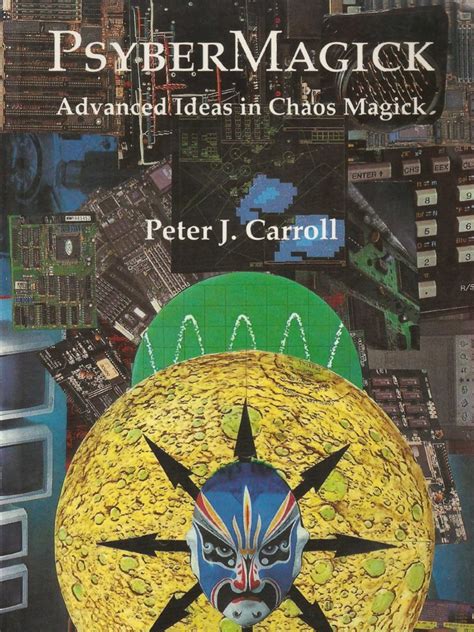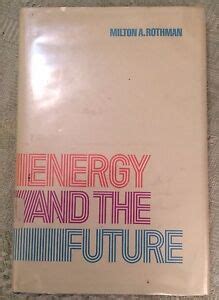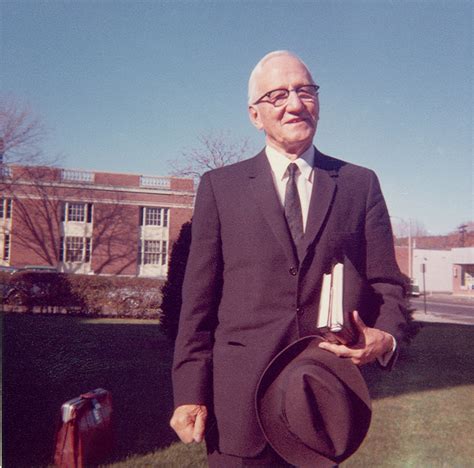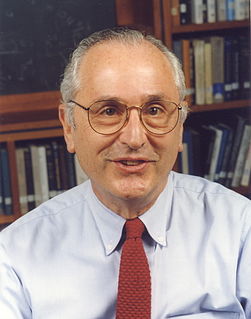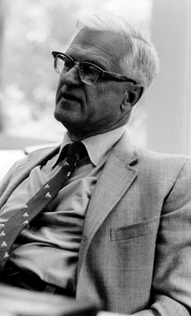A Quote by Brian Boyd
It seems to me to make as much sense to talk about literature as a large-scale human phenomenon without bringing in evolution as it does to engage in cosmology while you're thinking the universe is still geocentric.
Related Quotes
There does seem to be a sense in which physics has gone beyond what human intuition can understand. We shouldn't be too surprised about that because we're evolved to understand things that move at a medium pace at a medium scale. We can't cope with the very tiny scale of quantum physics or the very large scale of relativity.
Religion is part of the human make-up. It's also part of our cultural and intellectual history. Religion was our first attempt at literature, the texts, our first attempt at cosmology, making sense of where we are in the universe, our first attempt at health care, believing in faith healing, our first attempt at philosophy.
I don't believe, for instance, that evolutionary biology or any scientific endeavor has much to say about love. I'm sure a lot can be learned about the importance of hormones and their effects on our feelings. But do the bleak implications of evolution have any impact on the love I feel for my family? Do they make me more likely to break the law of flaunt society's expectations of me? No. I simply does not follow that human relationships are meaningless just because we live in a godless universe subject to the natural laws of biology.
Judaism calls for us to honor the rhythm of human life, the demands of the human community around us, the call of the divine order as the filter and scale for the decisions that drive our own small lives. We do not rule the universe, Judaism reminds us. God does. We are not its standard or its norms. We are only its keepers, its agents, its stewards. To do right by the universe at large is the measure of a happiness framed with the entire cosmos in mind but lived in microcosms across time.
The universe, in a big bang mode, is still expanding, which means it's cooling down, and evolution seems to be going against this; we're almost battling it. That led me on to a more creative, philosophical way of thinking, which is what led into influencing some of the songs, which is, maybe this is what our struggle is.
You can reasonably make the intellectual journey from thinking it's permissible to eat shrimp to thinking it's not permissible, or vice versa, whereas our slavery journey was uni-directional. We are as certain we are not going back to that old kind of slavery as we are that we aren't going back to the geocentric universe.
To most humans, a universe consisting of particles banging about and doing what they have to do seems cold, barren, and without meaning. Meaning, however, is not something that floats in space, permeating the universe like a nebulous, mystical cloud. ... Meaning arises out of the working of the human mind, and therefore exists only in the human mind. The meaning of existence is whatever you want to make of it.
Appealing to his [Einstein's] way of expressing himself in theological terms, I said: If God had wanted to put everything into the universe from the beginning, He would have created a universe without change, without organisms and evolution, and without man and man's experience of change. But he seems to have thought that a live universe with events unexpected even by Himself would be more interesting than a dead one.
I do not personally want to believe that we already know the equations that determine the evolution and fate of the universe; it would make life too dull for me as a scientist. ... I hope, and believe, that the Space Telescope might make the Big Bang cosmology appear incorrect to future generations, perhaps somewhat analogous to the way that Galileo's telescope showed that the earth-centered, Ptolemaic system was inadequate.



